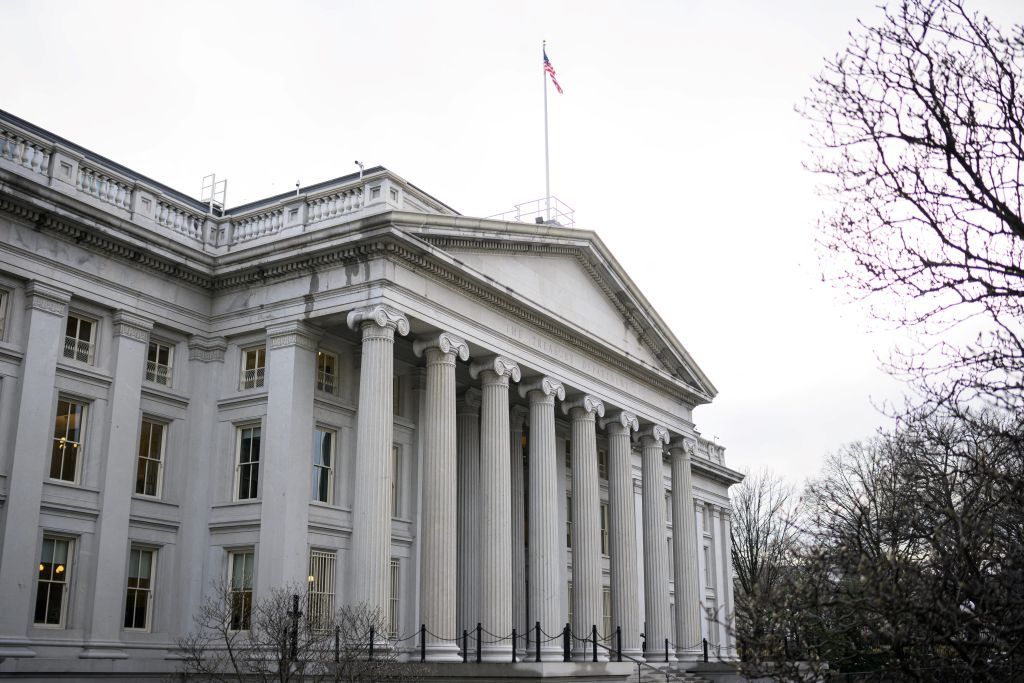Joint Sanctions Against Russian Cyber Company Zservers: A Global Effort to Combat Cybercrime
Introduction to the Sanctions and Their Significance
The United States, the United Kingdom, and Australia have joined forces to impose sanctions on the Russian cyber company Zservers, as announced by the U.S. Treasury Department on February 11. This move is part of a broader effort to combat the growing threat of ransomware attacks and disrupt the criminal networks that enable them. Zservers, known for providing bulletproof hosting (BPH) services, has been identified as a key player in supporting the cybercrime group LockBit, which has carried out thousands of ransomware attacks across the U.S. and Europe, resulting in billions of euros in losses.
The sanctions against Zservers build upon previous penalties imposed by the three countries against LockBit leaders last year. These actions demonstrate the international community’s commitment to holding accountable those who facilitate cybercrime, regardless of their location. U.S. Treasury official Bradley T. Smith emphasized that ransomware actors rely on third-party service providers like Zservers to carry out their attacks on critical infrastructure. He highlighted that the trilateral action underscores the collective resolve to disrupt all aspects of this criminal ecosystem and protect national security.
The Role of Zservers in the Cybercrime Ecosystem
Zservers, a Russian-based company, has been identified as a critical enabler of cybercrime by providing bulletproof hosting services. These services are designed to allow cybercriminals to operate with anonymity and impunity, making it difficult for law enforcement agencies to trace and shut down their operations. By hosting the infrastructure used by ransomware groups like LockBit, Zservers has played a pivotal role in the execution of mass ransomware attacks that have targeted critical infrastructure and businesses worldwide.
LockBit, one of the most prolific ransomware groups, has been responsible for thousands of cyberattacks in the U.S. and Europe. These attacks have caused significant financial losses, disrupted business operations, and posed a threat to national security. By targeting Zservers, the three countries aim to disrupt the backbone of these operations and send a strong message to other companies that provide similar services to cybercriminals.
Individuals Targeted by the Sanctions
The U.S. sanctions specifically target two Russian nationals, Alexander Igorevich Mishin and Aleksandr Sergeyevich Bolshakov, who are identified as administrators of Zservers. Their assets have been frozen, and they are prohibited from conducting any financial transactions with U.S. institutions or individuals. Additionally, financial institutions or individuals that continue to do business with Zservers risk facing sanctions themselves.
In a broader action, the U.K. also named four other Zservers employees in its sanctions against the company. This move signals a coordinated effort to hold not just the company, but also its individual operators, accountable for their role in enabling cybercrime. The sanctions are designed to isolate Zservers and its affiliates from the global financial system, making it increasingly difficult for them to operate effectively.
Broader Context: Russia’s Involvement in Cyber Warfare
The sanctions against Zservers are part of a larger pattern of Russian involvement in cyber warfare and cybercrime. Since the onset of the full-scale war in Ukraine, Russian hacker groups have engaged in various forms of cyberattacks, including targeting Ukrainian infrastructure, hacking civilian infrastructure in Europe, and attempting to interfere in foreign elections. These actions have demonstrated Russia’s willingness to use cyber warfare as a tool to further its geopolitical interests and destabilize its adversaries.
The U.S. has previously imposed sanctions against Russian hacker networks and cybercriminals, signaling a commitment to holding Russia accountable for its actions in the cyber domain. The targeting of Zservers and its affiliates is seen as a significant step in this ongoing effort. By disrupting the networks that support Russian cybercriminals, the U.S. and its allies aim to limit Russia’s ability to wage cyber warfare and protect critical infrastructure from future attacks.
Political Reactions and the Broader Geopolitical Context
The imposition of sanctions on Zservers has been met with strong statements from officials in the U.S. and the U.K. U.K. Foreign Secretary David Lammy described Russian President Vladimir Putin as having built a "corrupt mafia state driven by greed and ruthlessness," where cybercriminals operate with impunity. Lammy emphasized that the U.K. will continue to work with its partners to constrain the Kremlin and limit the impact of Russia’s "lawless cyber underworld."
In the U.S., President Donald Trump has signaled a willingness to step up sanctions against Russia in an effort to pressure Putin to negotiate a ceasefire in Ukraine. The sanctions against Zservers are seen as part of this broader strategy to isolate Russia economically and limit its ability to sponsor cybercrime and other malicious activities.
Implications and the Path Forward
The sanctions against Zservers represent a significant step in the global effort to combat cybercrime and disrupt the networks that enable it. By targeting not just the cybercriminals themselves, but also the service providers that facilitate their activities, the U.S., U.K., and Australia are sending a clear message that those who support cybercrime will face consequences.
However, the effectiveness of these sanctions will depend on the ability of the international community to enforce them and coordinate efforts to disrupt the broader criminal ecosystem. As cyber threats continue to evolve, it will be crucial for governments to remain vigilant and adapt their strategies to address new challenges.
In the context of the ongoing conflict in Ukraine, the sanctions against Zservers also highlight the interconnected nature of cyber warfare and geopolitical conflict. By targeting Russian cybercriminals and their enablers, the U.S. and its allies aim not only to protect their own critical infrastructure but also to weaken Russia’s ability to wage war in the cyber domain.
Ultimately, the sanctions against Zservers serve as a reminder of the importance of international cooperation in combating cybercrime and the need for a coordinated approach to address the growing threats posed by ransomware and other malicious activities.












